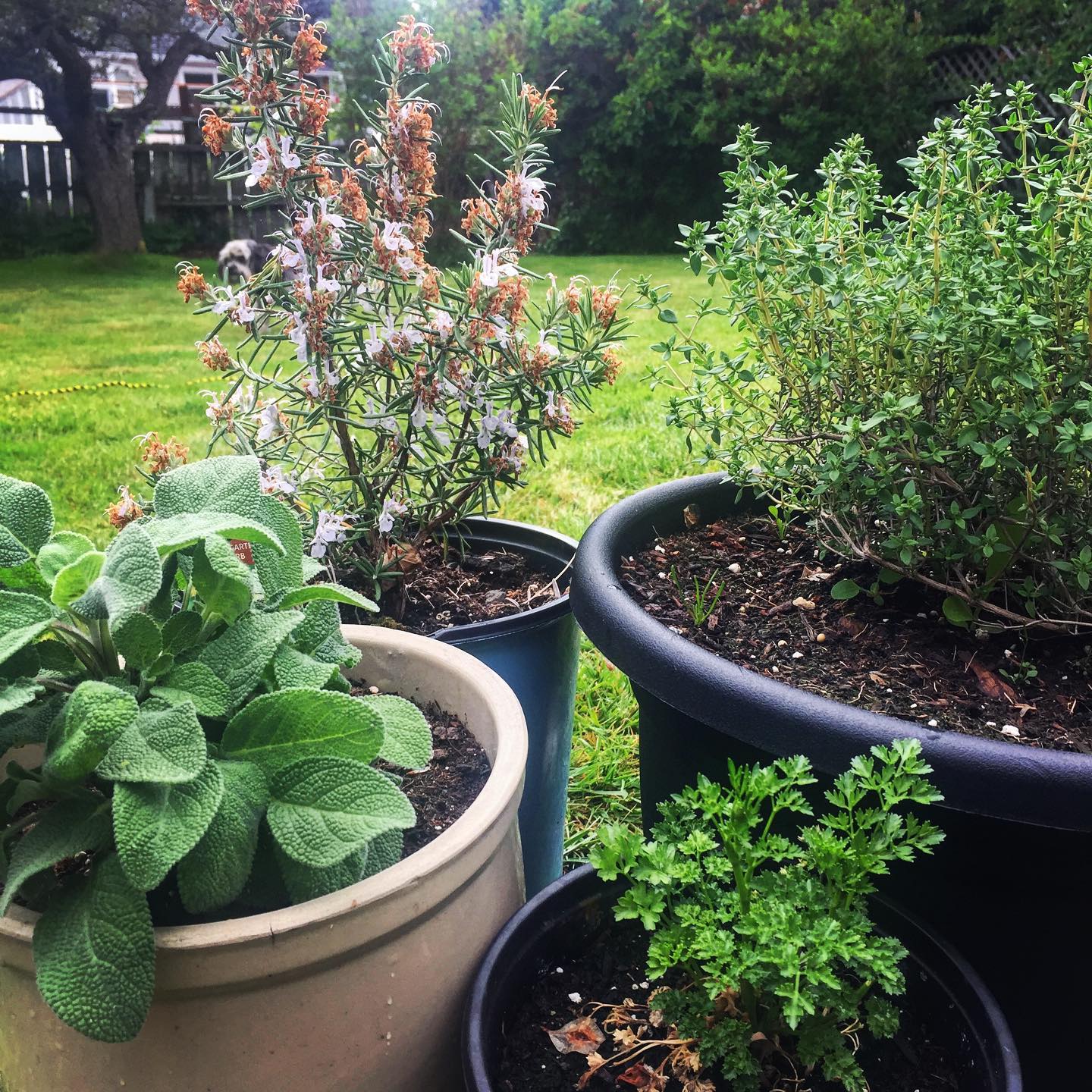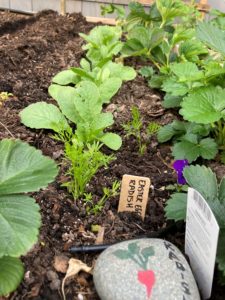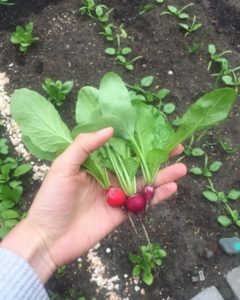When I was planning my garden, culinary herbs were a necessity. I’m much more inclined to cook with herbs when I can walk out onto the deck and pluck a bit of whatever I feel like that day. It’s also way cheaper and more convenient to grow your own herbs rather than purchase them from the grocery store, not to mention how much fresher and more flavourful they are (hello 100-metre diet). The freshness factor also makes them more medicinally potent. It’s no secret that what you put into your body plays a major role in your well-being; after all, you are what you eat. As indicated by their strong taste and aroma, herbs are especially full of goodness. In honour of Simon and Garfunkel, I’ve listed some medicinal benefits of parsley, sage, rosemary, and thyme below.
PARSLEY has been found to have anti-inflammatory and antidiabetic (blood-sugar stabilizing) affects. It is high in vitamin A (supports eye and skin health); vitamin C (great for the immune system), vitamin K (increases bone density), and folate (supports cell health). It’s a rich source of calcium, magnesium, and potassium, and is therefore useful for treating muscle cramps. Parsley is also a diuretic and has been used traditionally for bladder infections.
SAGE is antimicrobial, antibacterial, and antifungal. It contains romarinic acid, which is anti-inflammatory and mitigates allergic reactions, and is also high in antioxidants. As with parsley, it has been found to exhibit antidiabetic effects and stabilizes blood glucose levels. It also has a soothing effect and as such can be useful for anxiety and insomnia.
ROSEMARY improves cognitive function, including stimulating memory, improving concentration, and mitigating mental fatigue. It contains caffeic acid and rosmarinic acid which are both anti-inflammatory. It’s also antimicrobial, has been found to have an anti-diabetic affect, and is expectorant, meaning that it helps with mucous expulsion.
THYME is rich in carvacrol, which has antioxidant, antiviral, antibacterial, antifungal, and anticarcinogenic properties. It is expectorant, and contains thymol, which is antiviral and antispasmodic. Traditionally, it has been used for cramps and headaches.


